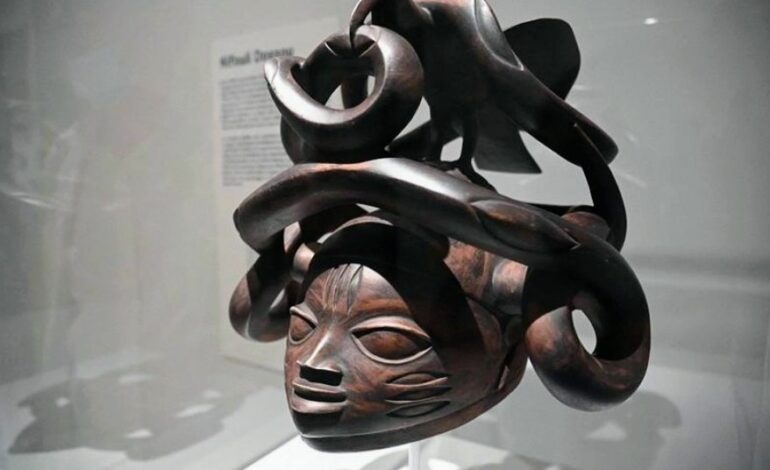
Ekeomah Atuonwu
• Belgium takes small step toward returning artifacts to Congo
• Benin Republic exhibits looted treasures returned by France
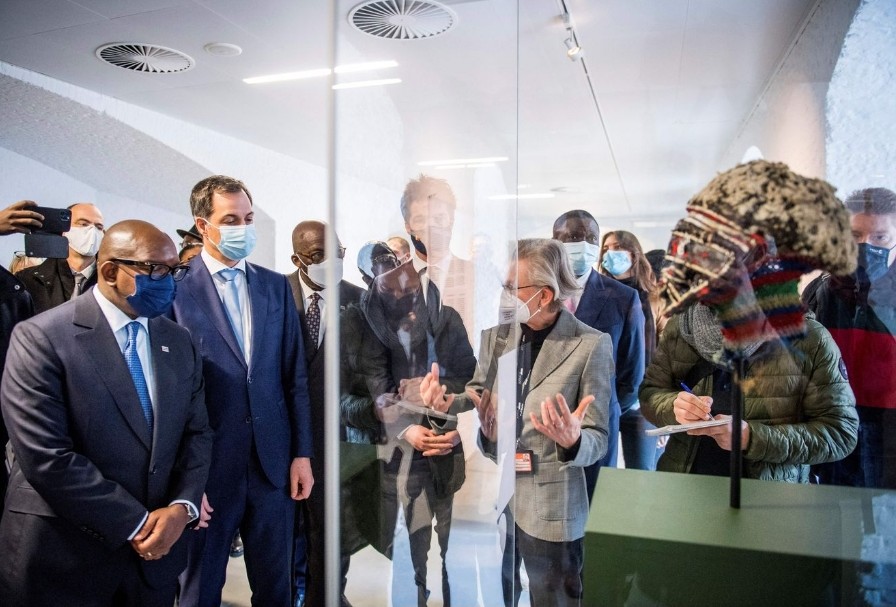
Macky Sall, the African Union’s president, has called on European countries to restore African treasures they have in their possession.
In his statement at the ongoing AU–EU conference in Brussels, Mr Sall mentioned this while stating that the return of African works is a top concern because they are a part of Africa’s “civilizational identity.”
“We must continue the work begun via the recommendations of the Savoy-Sarr report if we want to develop a new Africa-Europe relational ethic based on respect and acknowledgement of historical facts,” Mr Sall added.
His position was one of eight suggestions made by African leaders as part of the new alliance with Europe. While restitution is underway, Mr Sall’s call reaffirms the African people’s position on the ruins of colonialism and their demand for the recovery of their stolen heritage.
RESTITUTION
On Thursday, Prime Minister Alexander De Croo handed over an inventory of 84,000 Congolese antiquities dating from the colonial period to the government of the Democratic Republic of the Congo (DRC), marking a minor but important step toward dealing with Belgium’s colonial past.
Before the start of the Africa-Europe conference in Brussels, De Croo made the offer to his Congolese counterpart Jean-Michel Sama Lukonde, with the goal of resetting the continents’ relationship.
“We must not be scared to face the past and to do it in an open manner,” Belgian Prime Minister Charles Michel stated.
Over the weekend in Benin City, Edo State, Nigeria, the Nigerian High Commissioner to Britain will physically hand over two bronze objects from Jesus College, University of Cambridge, and University of Aberdeen in the United Kingdom (UK) to HRM Omo N’ Edo, Oba Ewuare 11.
The physical handing over of the relics followed President Muhammadu Buhari’s directive to the Nigerian High Commissioner to physically give them over to the Benin monarch, according to a statement from the Benin Traditional Council’s Secretary, Mr Frank Erhabor.
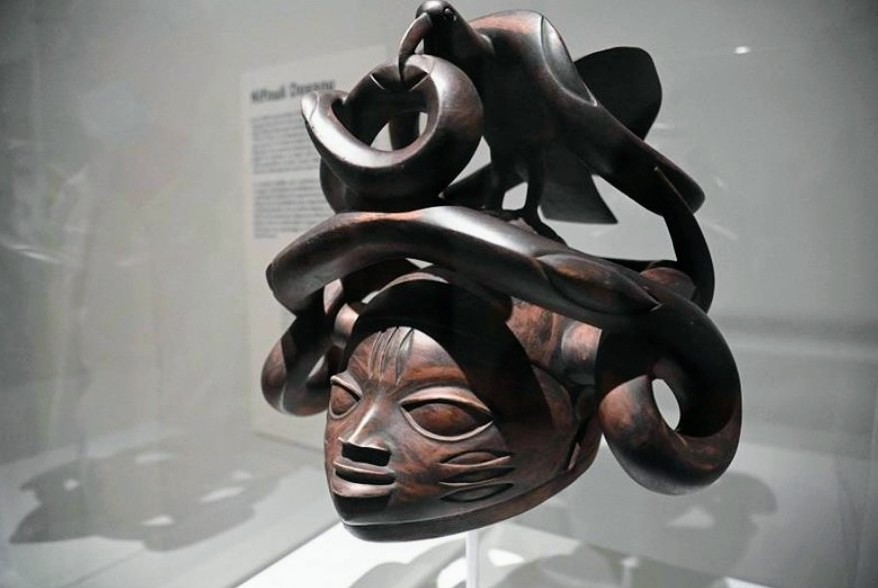
Today, Benin President Patrice Talon will open an exhibition of ancient artworks that France returned last year, nearly 130 years after they were seized by colonial forces.
As part of a one-billion-euro project to improve the country’s cultural infrastructure, the artifacts will be shown alongside works by 34 modern artists.
The 26 works, some of which are considered sacred in Benin, will be on exhibit in a 2,000-square-metre (21,500-square-foot) room in the presidential palace in Cotonou starting on Sunday in a show titled “Benin art yesterday and today.”
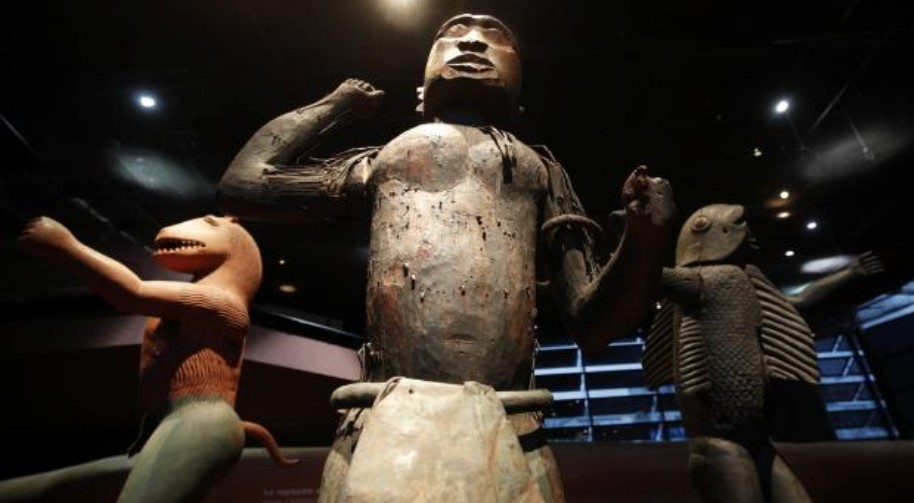
The return of artefacts by France comes as Africans demand that Western countries restore colonial loot from museums and private collections.
African countries have requested the return of lost artefacts from the United Kingdom, Belgium, Netherlands, and Germany. Germany and Belgium have started reparation processes with Nigeria and the Democratic Republic of Congo (DRC), following France’s lead.
“This restitutions program is a key component that demonstrates how we wish to collaborate.” It is a trust-based collaboration between our two countries,” said Belgian Prime Minister Alexander De Croo.
HISTORY
Thousands of cultural artefacts were plundered as colonial masters ‘conquered’ Africa. While the artefacts were displayed in museums, the conquerors kidnapped Africans as slaves to labor on plantations and establish their countries.
In reaction to an attack on a British diplomatic expedition, the British conducted a punitive expedition against Benin in 1897.
The Benin Bronzes are a collection of exquisitely crafted sculptures and plaques that graced the royal palace of the Oba, Ovonramwen Nogbaisi, in the Kingdom of Benin, which was later absorbed into British-ruled Nigeria.
Aside from bronze sculptures and plaques, the operation yielded a slew of royal artifacts that are now distributed over the globe.
The Belgian King Leopold II, who ruled over Congo from 1885 to 1898, left a legacy in the form of the Royal Museum of Central Africa, which opened in Brussels in 1898. The museum houses one of the largest collections of African artifacts in the world.
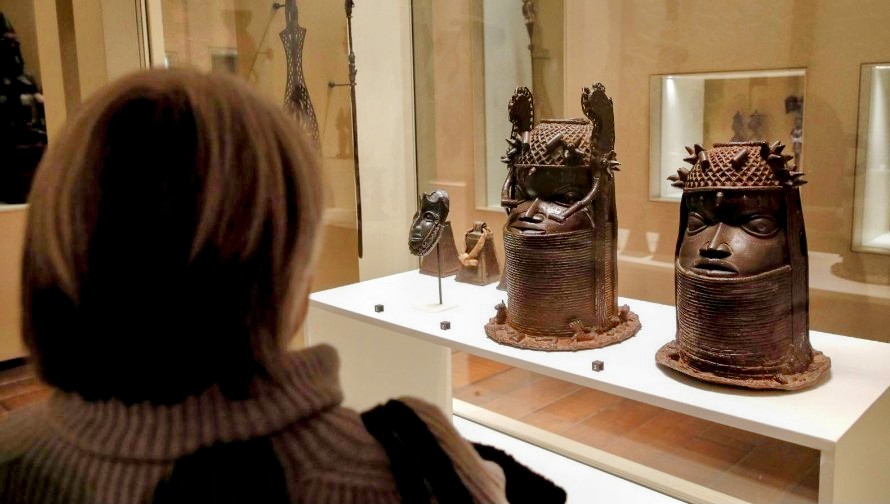
According to the BBC, the German colonial agent Gustav Conrau gave or looted the Bangwa Queen of Cameroon, which is now controlled by France, in around 1899 before the territory was colonized.
Africa has demanded that antiquities taken from her be restored to their rightful owners over the years.
While many Western curators defend their collections as “universal,” reflecting world art regardless of how it was acquired, detractors argue that they have not done enough to correctly show the artifacts’ complex history.’
Today, around 90% of Africa’s cultural heritage lies outside the continent, and African countries are asking for their treasures back.
BETTER LATE THAN NEVER
Dr. Oluwatoyin Sogbesan, an architect and cultural historian says “It’s better late than never, that’s the way I’ll put it. People starting to realize that African has its own creativity, its own ingenuity and they can actually be recognized as full owners of these objects.” However, some people have called for an inventory of the items to be made.
Dr Oluwatoyin says “if the museums or the government of the countries cannot say what is missing, it would be difficult to have a check of whatever list is given back.”
Prof. Dan Hicks from the University of Oxford also emphasizes that “since over 10 million items were stolen from Africa and languishing in store rooms for over a hundred years, we can’t say we are caring for them when we do not even know what we have.”
The return of these items have stirred up the realities of colonialism with a history that surround each stolen artefact.
Felwine Sarr, a Senegalese historic writer states that the path to restitution is not an easy one, but a vital one in the process of decolonization.
Challenges that will be faced include European countries putting up roadblocks to restitution, but also the need to engage African citizens in the discussions.
“People first need to know what was taken from them. Then they will realize that this is not an elite discussion, but one that concerns them -their history, their heritage, their legacy.”
Felwine Sarr


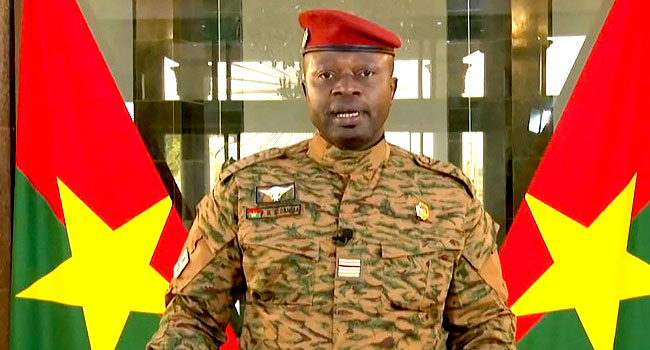
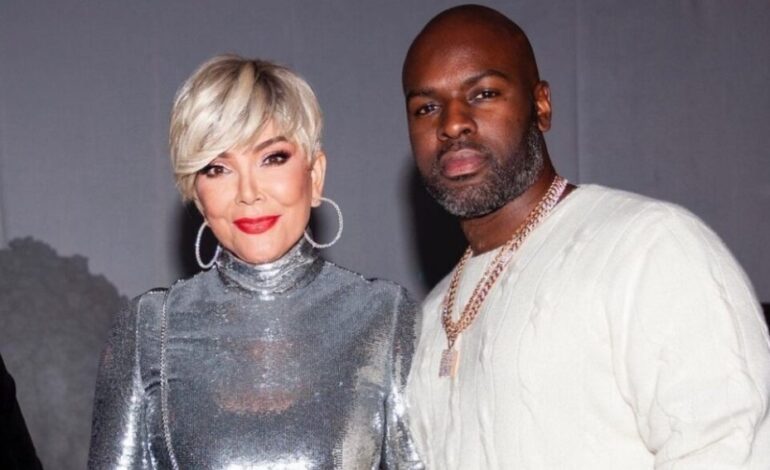

Recent Comments